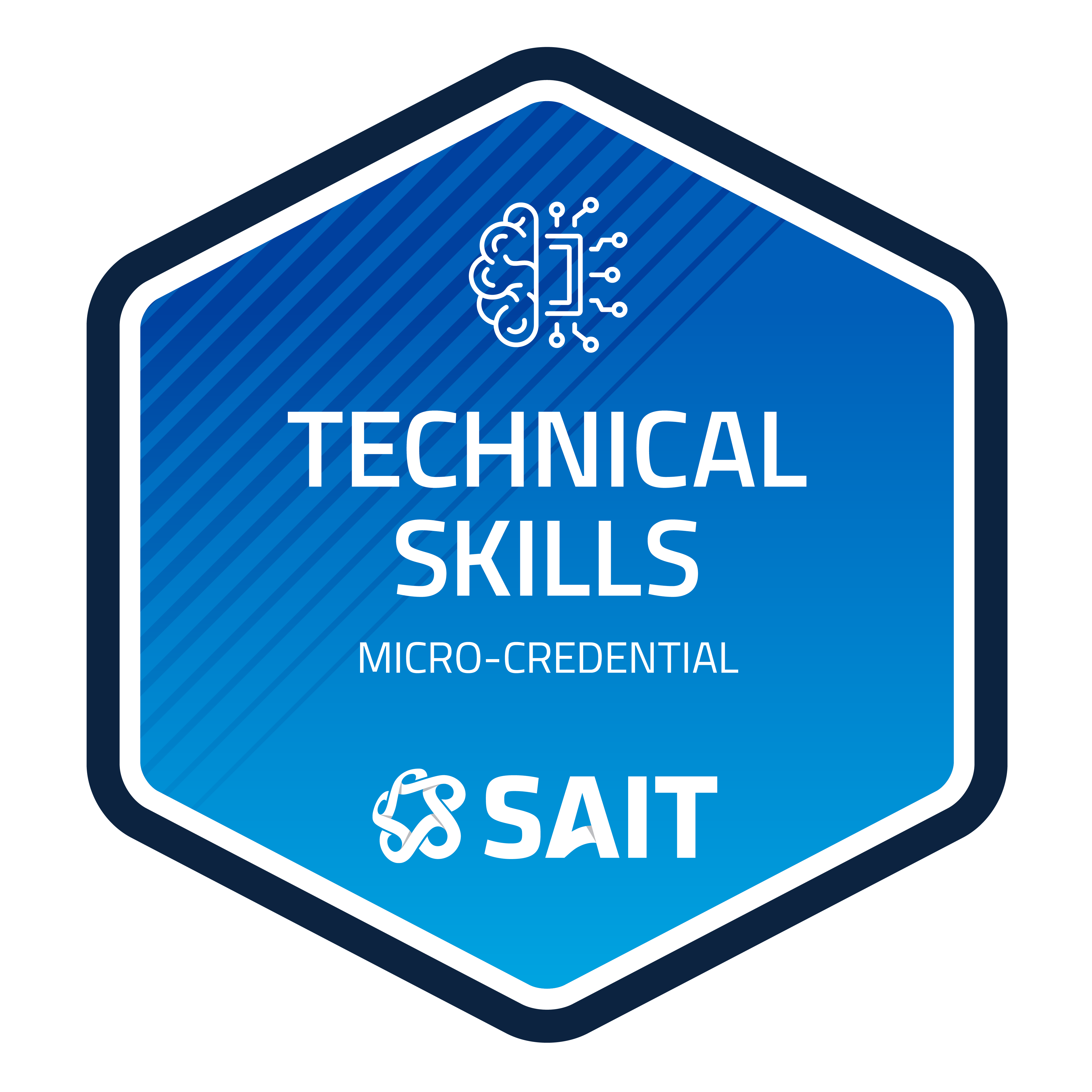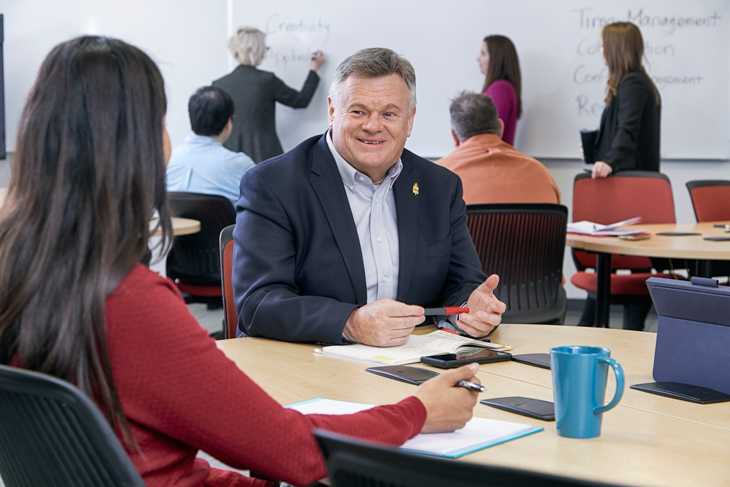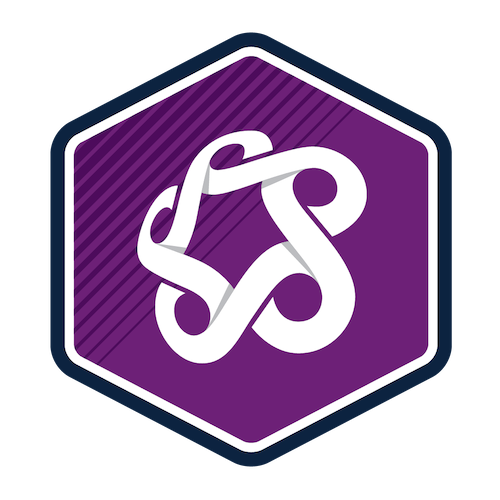Overview
Whether you're a beginner or an experienced tech enthusiast, Introduction to Python Programming will provide you with a valuable foundation in programming concepts, syntax and problem-solving skills using Python.
Python is an excellent language to learn because of its readability, versatility and extensive community support. Its simple syntax makes it beginner-friendly, while its applications span web development, data analysis, artificial intelligence and more, offering you a solid foundation for various career paths in technology.
Python has an extensive library that is used by many companies and supports functional and object-oriented programming. It powers web services such as YouTube, DropBox, Google, Reddit, Yahoo, Pinterest and Instagram. Many small companies also use this powerful, full-featured programming language.
This SAIT Micro-credential course is offered online synchronously and teaches you to use variables, operators, loops and decision-making in an integrated development environment. You'll also learn to manipulate data, read and write to files and implement exception handling. By the end of this course, you'll have developed foundational skills in Python that you can continue building upon.
Prior programming experience is not required.
Upon successful completion of this course, you'll be able to:
- explain the purpose, applications and benefits of using Python
- install and run Python programs
- identify and use variables, operators, decision-making statements and loops in Python correctly
- use operators to convert and manipulate different data types in Python accurately
- use functions and modules in Python correctly
- manipulate Python program files, including read, write, delete and create files.
To request a course outline, contact ConEdAdvising@sait.ca.
Upcoming dates
Select an available section and add it to your cart. When you're ready, proceed to check out to sign into your student account and complete your registration.
Don't have a student account? Let's set one up!
Registration closes seven days before the start date for on-campus, online scheduled, and blended courses, and one day before the start date for online self-paced courses.
After you've completed this course
Upon successful completion of this course, you'll be able to self-print a proof of completion document from your Continuing Education student account.
Micro-credential
SAIT Micro-credentials develop practical skills aligned to current industry standards and include competency-based testing. Earning a SAIT Technical Skills Micro-credential demonstrates to employers that you have the required competencies — combining knowledge, skills and abilities — to get the job done. Learn more.

Students who complete this course with a final grade of A- (80%) or higher will earn the Micro-credential and receive a shareable digital badge that validates their achievement.
Costs
Textbook and reading list
Included in the purchase of this course, you'll receive access to online course content in Brightspace (D2L).
Technology
To be successful in this course, you’ll need:
- Access to your own computer or laptop with standard hardware/software requirements
- Functional webcam and microphone
- Internet access.
You'll use the following free online software and tools during the course:
- Python 3, with a path variable to Python's bin folder to be added to the system environment variables
- Idle (included in the Python 3 install)
- Notepad ++ or equivalent text editor.
Financial support
Financial opportunities are available to help pay for your course fees. Learn more about how to reduce your education or training costs with available awards, bursaries, loans and grants, including the Canada Alberta Productivity Grant.
Applicable certificates
This course applies to the following certificate programs:

Train your team
Interested in group training opportunities for this course? Tell us about your organization's needs, and one of our training consultants will contact you within one business day.
Stories and news

Alberta companies look to workforce training to close critical skills gaps
The Southern Alberta Institute of Technology (SAIT) provides corporate training to help businesses boost productivity and workplace performance.

Donor created space enables cybersecurity training for students and industry
The new SAIT Cyber Range creates an immersive cybersecurity training facility for students and industry in downtown Calgary.

Oki, Âba wathtech, Danit'ada, Tawnshi, Hello.
SAIT is located on the traditional territories of the Niitsitapi (Blackfoot) and the people of Treaty 7 which includes the Siksika, the Piikani, the Kainai, the Tsuut’ina and the Îyârhe Nakoda of Bearspaw, Chiniki and Goodstoney.
We are situated in an area the Blackfoot tribes traditionally called Moh’kinsstis, where the Bow River meets the Elbow River. We now call it the city of Calgary, which is also home to the Métis Nation of Alberta.
